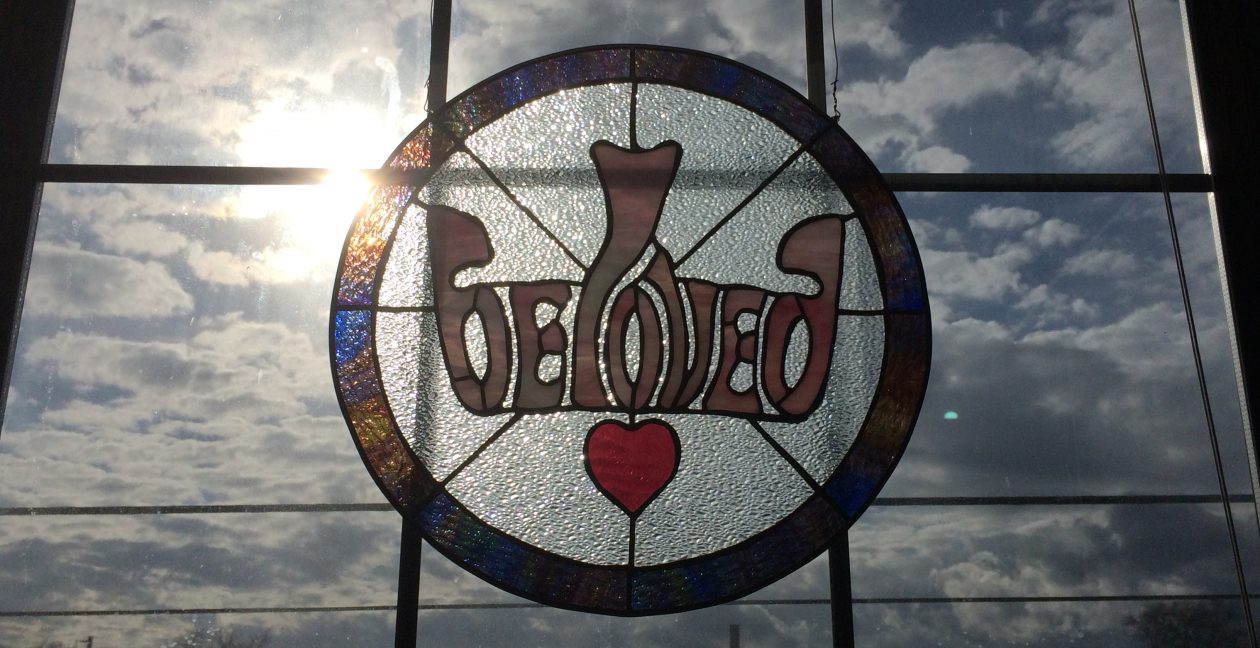Lent is a time to reflect, so for the second year, Beloved Community Church offers daily Lenten Reflections. One source of inspiration is the daily lectionary – scripture readings assigned for each day of the year (gamc.pcusa.org/devotion).
Take today’s lectionary readings. First of all, I noticed the sheer diversity of the readings. They begin with morning Psalm 22, which jerked me from ” I am a worm, and not human; scorned by others, and despised by the people” to “Yet it was you who took me from the womb; you kept me safe on my mother’s breast.” Hmmm.
Then I moved on to the absolute promises of Deuteronomy 7 that if you diligently observe the commandments, the LORD your God “will love you, bless you, and multiply you; he will bless the fruit of your womb and the fruit of your ground, your grain and your wine and your oil, the increase of your cattle and the issue of your flock; you shall be the most blessed of peoples, with neither sterility nor barrenness among you or your livestock. The LORD will turn away from you every illness.” Wow.
The next reading in Titus 2 had a long list of instructions of how older men, younger men, older women, younger women, and slaves should behave, in response to the grace of God given to all. Okay.
Next, we have John’s version of Jesus calling his disciples. They immediately recognize him as the Lamb of God, Rabbi, and Messiah– in the first chapter! They are much quicker than the guys you meet in Matthew, Mark and Luke. Interesting.
Finally, the evening Psalm – 105, a thanksgiving, or 130, a lament. Depending on your day.
I was struck that there are five readings every day. Five. What if we read one of the daily readings at a different time every day? We would be like the monks who pray the daily offices – how could we help but be closer to God if we took the time to do that? It made me think of the Muslims who stop wherever they are to kneel and bow toward the east and pray five times every day. Can you imagine how your spirit might change if you stopped each day, five times a day, for five minutes to pray? What if you interrupted whatever you were doing, no matter what it was or who was with you, to pray? What if your boss was just telling you that you really need to focus more on your work and you said, ‘excuse me, but I need to take 5 minutes to pray, I’ll be right back with you?’ What if you turned the TV off in the middle of your favorite show (and you didn’t have TIVO)? Five readings, five times a day. Five minutes of prayer, five times a day. A Lenten practice that might change everything.
Rev. Angie Wright
